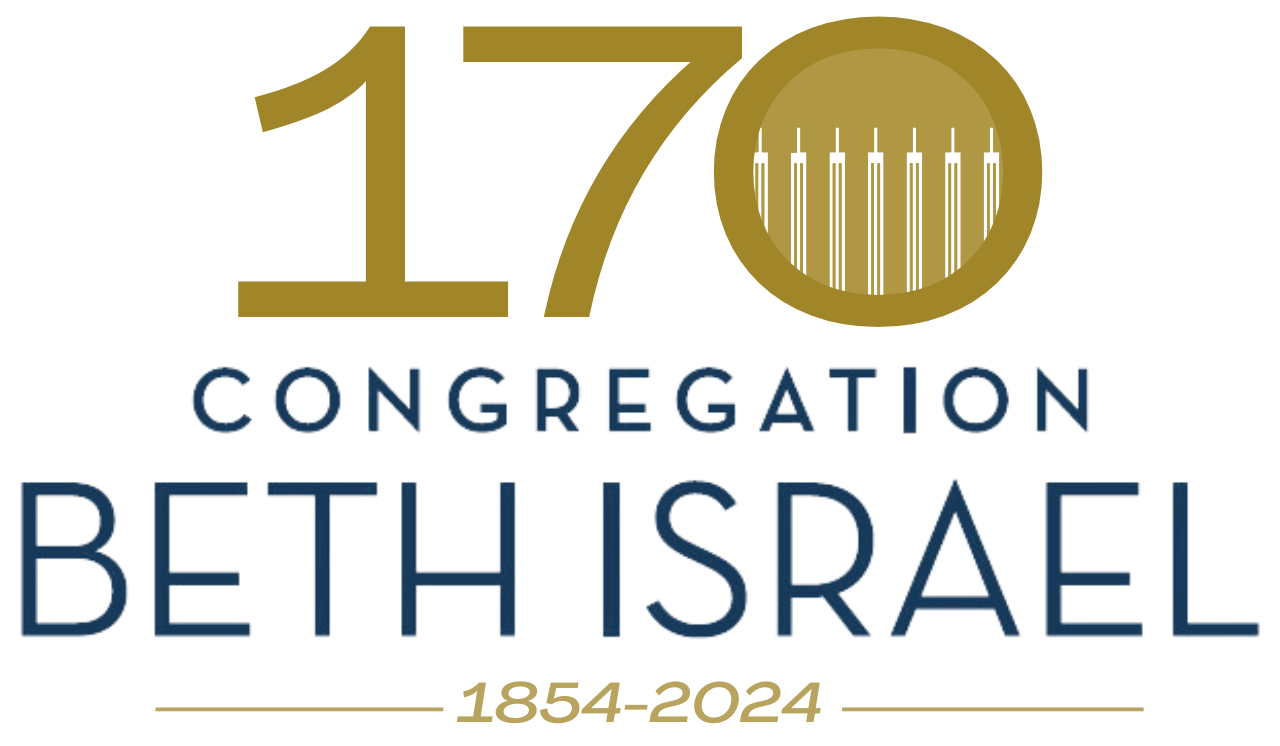Pray With all Your Heart
Pray With all Your Heart
From the desk of Rabbi David Lyon
One of the most impactful Biblical passages is found in this week’s Torah portion in Numbers 12. It involves a conflict between Moses, Miriam, and Aaron. Beginning with Miriam and Aaron who speak against their brother “concerning the Cushite wife he had taken,” they complain, “Is it but through Moses alone that God has spoken? Has God not spoken through us as well?” God punishes Miriam and Aaron for their chutzpah, and Miriam is “stricken with snow-white scales!” At first, Aaron pleads on her behalf to Moses:
“I beseech you, my lord, pray, do not put upon us the offense which we did foolishly and by which we offended. Let her not be, pray, like one dead who when he comes out of his mother’s womb, half his flesh is eaten away.” (Numbers 12:11-12)
In response, Moses offers a unique prayer for Miriam. In the simplest and most direct way, Moses turns to God and pleads in Hebrew, “El nah, r’fah nah lah!” The alliterative prayer is only five words, as in English, “O God, pray heal her!” (Numbers 12:13).
The Hebrew is simple and direct for a reason. Rashi (11th c) comments that Moses’s prayer was short so that the Israelites would not say, “His sister is in distress and he is standing and going on and on in prayer!?” Moses’s prayer makes its point. Even in English, a terse prayer doesn’t have to be poetic if it has a more urgent purpose. It can necessarily express our gut reaction and direst needs. “Please God, heal her,” is one of the shortest and most demanding prayers in Torah. It’s remarkable in its brevity and efficacy. Though Miriam is shut out of the camp for seven days to heal from her infirmity, the camp does not move on until Miriam returns to it safely and cleansed.
The ease with which we can come to prayer is stunning, in my opinion. As children, we were likely told to memorize our prayers and know them well. Today, children in MBJLC religious school and Shlenker School experience regular time for silent prayer, too, for what the rabbis called, “Tefilat HaLev,” prayers of the heart. More than traditional prayers of the prayer book, they placed even higher value on one’s personal prayers to God.
Every year, Shlenker 4th graders write personal prayers that are published in a siddur, a prayer book, that will be used by the school in the subsequent year at weekday and Kabbalat Shabbat services. Here are two examples of personal prayers written by Shlenker students just a few years ago:
Adonai, help me go through the hard times in my life.
Adonai, after I am ill, help me get better again.
Adonai, when I fall, help me get up again.
Adonai, help me to understand life.
Help me, Adonai.
(Shlenker School student prayer)
God,
Your love flows through our veins,
Like water flows down a river
You grant peace to all of us.
You are the definition of Holy.
(Shlenker School student prayer)
The students’ privilege to pray silently is a privilege for adults, too. Prayer is available to us in the pew, but also at home, in the hospital, and anywhere we may be. If we choose to use them, written prayers and services provide structure and focus that can be familiar and helpful. They’re welcome because we recall them from memory and they serve our purpose. But they’re not our sole source of prayers. Prayers of our adult hearts are the prayers that grow out of our personal, immediate, and soulful needs, too. They may relate even more deeply to our relationship with God than anything someone else could write for us. This is when poetry isn’t required and sincerity, alone, is needed.
Personal prayer, or spontaneous prayer, is welcome in Judaism. In some religious faiths, only a lexicon of prayers is permitted with no room for personal prayer. I can’t imagine such a tradition that doesn’t provide for efficacy in prayer unless it’s from an “authorized” source. Rachel, Moses, and Hannah are just a few Biblical examples whose personal heartfelt prayers and pleas to God were not only heard, they were heeded.
In Judaism, God is “Shome’ah tefilah,” One who hears prayers we find in the prayer book and in words we discover in our hearts. As you wrestle with challenges that are unresolved, consider your own need to plead, to shout, and to pray to the One who hears prayer. Immediacy and honesty, even without poetry, can reveal the struggle and the hopefulness. So plead for God’s presence to nurture and sustain; pray for God to guide the hands of those who help in physical, emotional, and spiritual healing; sing aloud for understanding and never fail to shout for peace.
L’Shalom,
![]()
